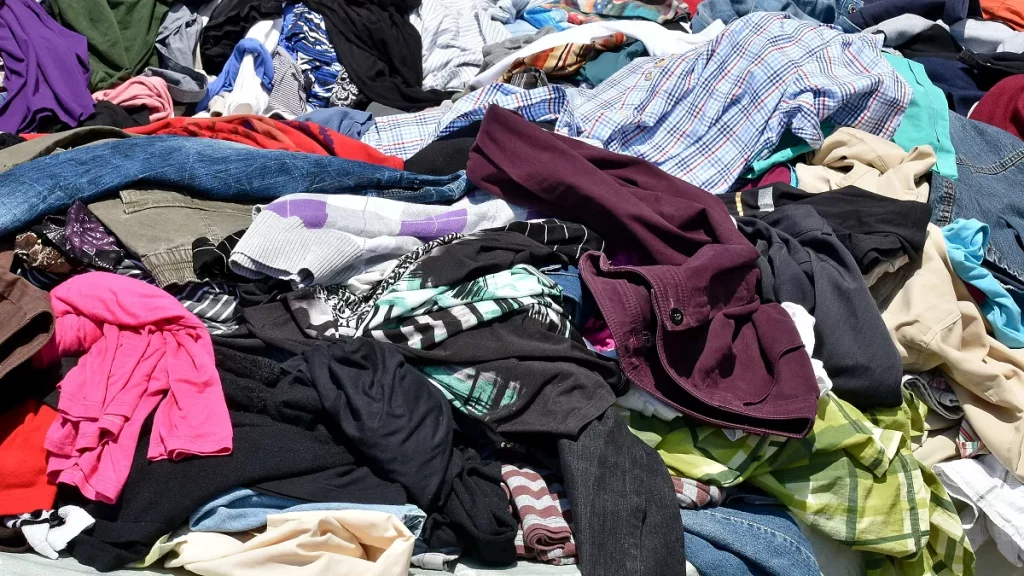- More ambitious 2030 goals to lessen food waste
- Manufacturers to take on more responsibility for clothing and footwear products
- 60 million tons of food waste and 12.6 million tons of textile waste are produced each year in the EU
- Less than 1% of all textiles worldwide are reused to create new items
On Wednesday, Parliament approved its suggestions to better prevent and decrease waste from food and textiles across the EU.
MEPs approved their initial stance on the proposed update of the Waste Framework with 514 votes in support, 20 against, and 91 abstentions.
Stricter goals to reduce food waste
They suggest higher mandatory waste reduction aims to be achieved at the national level by 31 December 2030 – at least 20% in food processing and manufacturing (instead of 10% proposed by the Commission) and 40% per person in retail, restaurants, food services, and households (instead of 30%). Parliament also wants the Commission to assess the potential introduction of higher targets for 2035 (at least 30% and 50% respectively), and if so, requests them to propose a legislative plan.
Producers to bear the costs for gathering, sorting, and recycling waste textiles
MEPs agree to expand producer responsibility (EPR) systems, under which manufacturers selling textiles in the EU would have to cover the expenses for gathering, sorting, and recycling them separately. Member states would be required to establish these systems 18 months after the directive comes into effect (instead of the 30 months proposed by the Commission). The new regulations would encompass items such as clothing and accessories, blankets, bed linen, curtains, hats, footwear, mattresses, and carpets, including items containing textile-related materials such as leather, composition leather, rubber, or plastic.
Rapporteur Anna Zalewska (ECR, PL) said: “Parliament has developed targeted strategies to minimize food waste, including promoting “ugly” fruits and vegetables, monitoring unfair market practices, clarifying date labels, and donating unsold but consumable food. For textiles, we also aim to include non-household products, carpets, mattresses, and sales through online platforms.“



